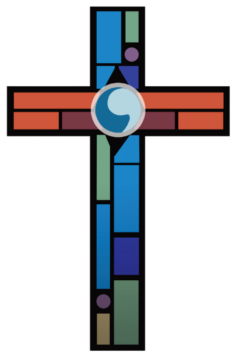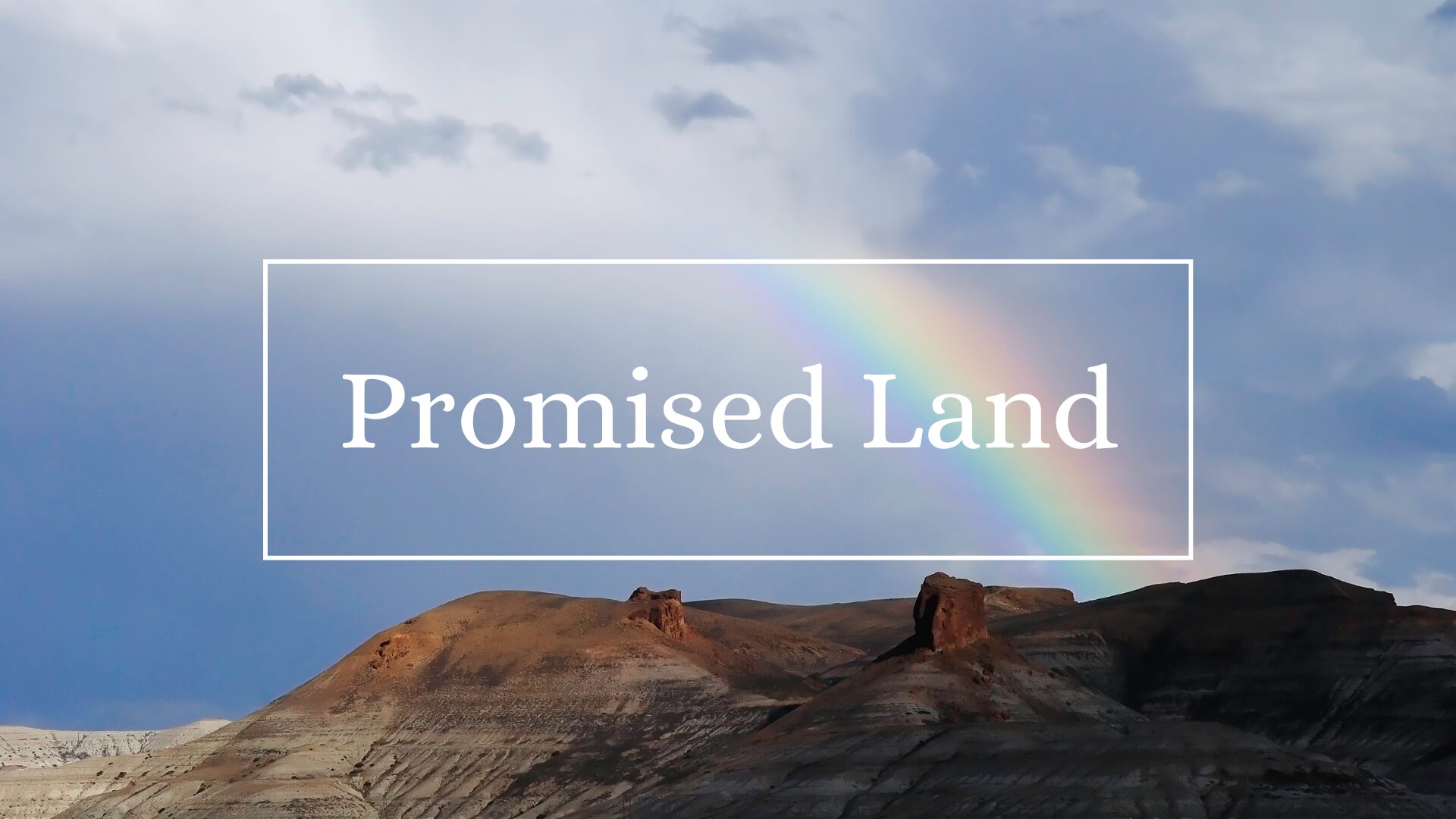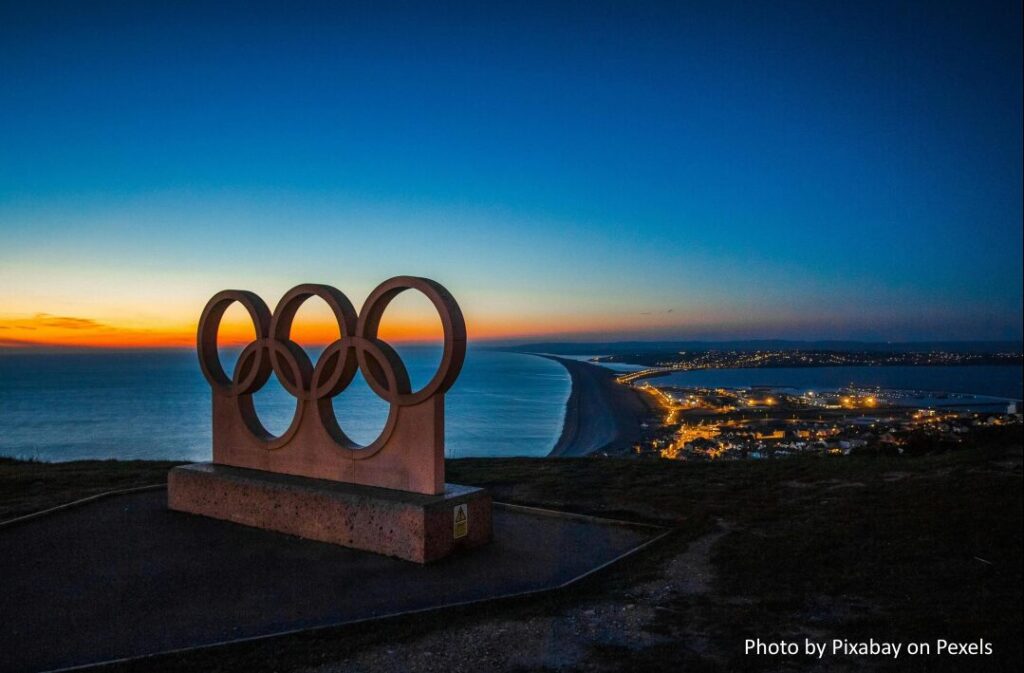
In the past two weeks we have had the opportunity to see some of the strongest, fastest and athletes who are at their best as we watch the Olympics. As the culture of our world is sort of on edge. I mean, it’s the culture of the U. S. But I think it’s all over the world. Everyone is anxious. There were some disagreements. There were some heated moments and some judging calls that they didn’t like. But overall, the Olympics reminded us of how community can work, where people who are from different countries can encourage each other, congratulate each other, work together for a common good, for the best in their sport.
There was kindness, there was civility, there was even honor. For me, one of the best moments was when the Brazilian won gold in the gymnastics. Simone Biles and Jordan Childs bowed to her because she fought hard and they fought hard to beat her in the other competitions. But in floor exercise, she won gold. They acknowledged her greatness.
That’s who we’re to be. We’re to be people who see the gifts in others.
Yes, we do our best, but we also want to lift up others because it is together that we rise. Not when we’re separated.
Today, we have this story from Joshua. My guess is that you probably don’t know a lot about Joshua.
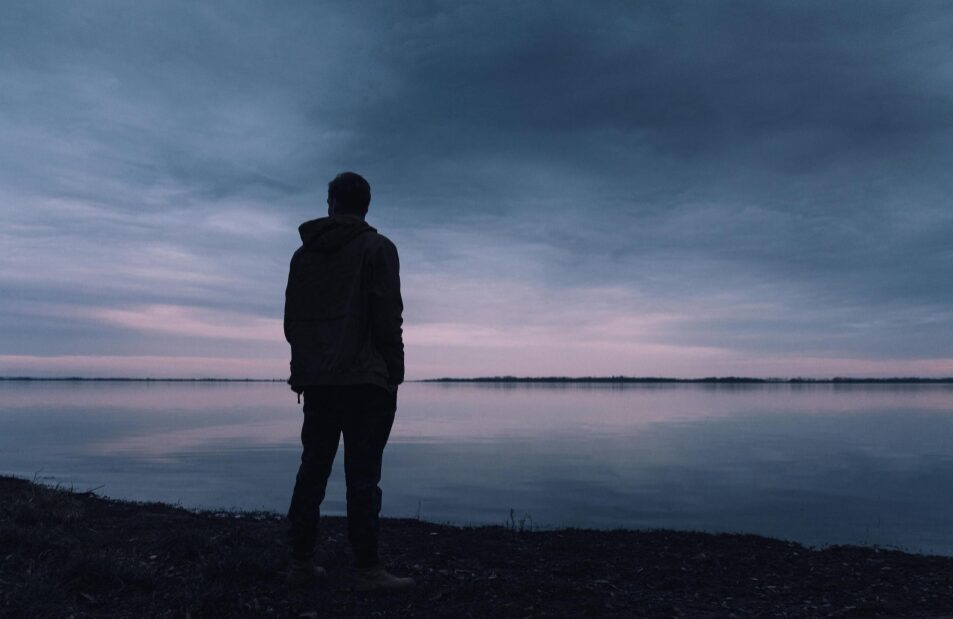
We don’t talk about Joshua very often. For our Jewish brothers and sisters, he’s a major prophet. This whole book of Joshua is part of the larger history of how Israel came to be. It was not written as it was happening, it was written centuries or maybe even thousands of years later as the story of the people. It’s a reminder, just like the Exodus story, about how God continues to be present with people. How God keeps promises to God’s people.
So in this one, we have Joshua taking over for Moses. Moses did all of those wonderful things, but Moses doesn’t get to take the people to the promised land. That’s Joshua’s role. So, Joshua comes along, and the first thing Joshua gets to do is here in chapter three, they’re going to cross the River Jordan without getting their feet wet, just like they crossed the Red Sea.
I talked about that last week, that probably when I talk about the Exodus story of Moses you see Charlton Heston in the Ten Commandments with the water going up and him standing there with his arms raised and the people crossing the river. Well, it sort of happens again. We don’t talk about the fact that it happens again when they enter the promised land. It’s not the sea. The water’s probably not as big, but they still send the Ark of the Covenant with the priests into the water. The water recedes, and the people walk across, safely, into the promised land.
That’s a great story. Then it gets messy. Because in the scripture that I read, it said, Joshua tells the people, God will drive out.
There are people that are in this promised land. They’ve been in this promised land. They’re living there. The promised land is Palestine, and we can’t ignore that today. So, what God had said was that God is going to move the people, and the first place that they go is Jericho, and you might know the story of Jericho, or maybe you know the song Joshua fought the battle of Jericho. That might ring a bell.
In that story, they’re able to overwhelm Jericho without any violence. All they do is walk around the castle, the fort. But then, I’m going to say, the human side takes over. The rest of the book is quite a bloody mess. Literally, it is about how they killed the people and burned them out, burned out the villages. All for the sake of the Israelites having the promised land.
It leaves us to struggle. Is this the God that we believe in? Do we believe in a God who would kill a group of people so that his people could have the land?
I don’t think that’s who God is. That doesn’t align with the rest of what I know about God in the Bible. What I see in God is one who is present with us. Who encourages us to work out our differences and to build the beloved community.
That’s what I see. That’s what I hear God doing. That’s what I see in Jesus’ ministry. Jesus doesn’t come in and he doesn’t kill the Pharisees. He doesn’t attack Rome. He builds community. He heals differences. And even the epistles. Paul doesn’t attack anyone. He tries to build groups of people who can work together and live together. Work through their differences. There’s several epistles written on that.
How do we work through the differences we have? Because we will have differences. But differences don’t need to end in violence.
What God said at the end of Joshua 1:1-9, I think is the heart to me of who God is. God says to us, “Be strong and courageous; do not be frightened or dismayed, for the Lord your God will be with you wherever you go” – Joshua 1:9.
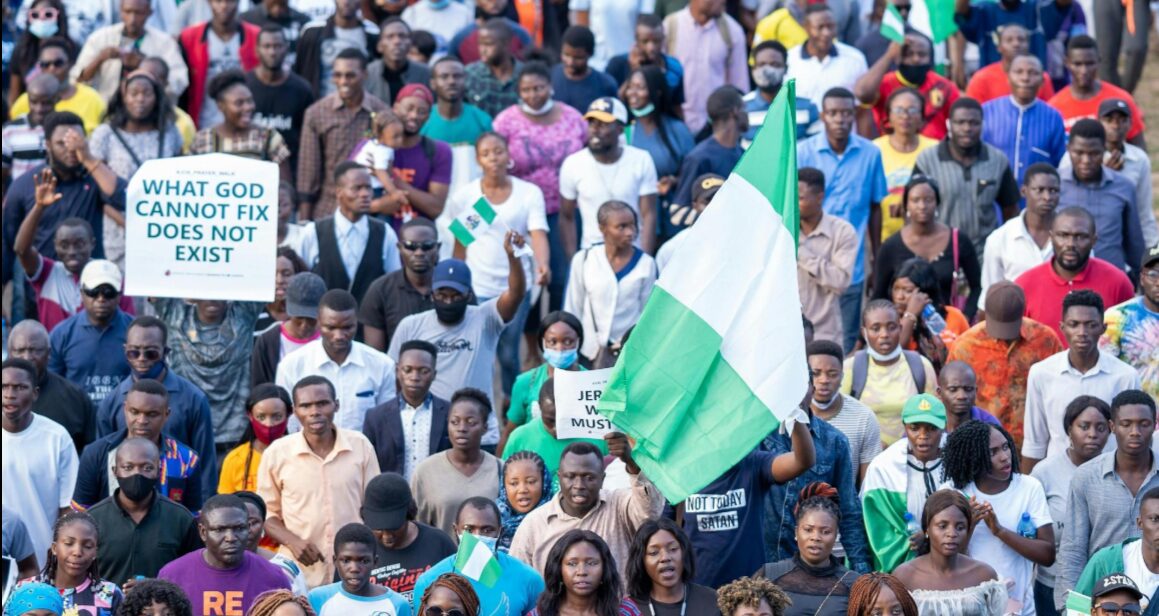
But as humans, we get scared. When we’re scared we tend to operate under our wisdom, rather than God’s wisdom.
When I think of the people that Joshua would have been leading, they were people who were probably born in the wilderness, raised in the wilderness, with stories of what Egypt was like, and Egypt was a place of cruelty and violence. You either did what the taskmaster said, or you were beaten, maybe even killed.
So, that was the the framework that they had to work from. Going into this promised land, they weren’t people who had been trained to farm the land. or to raise cattle or sheep or goats. They didn’t have that kind of mentality anymore. Because when they were in the wilderness, they were constantly moving.
All they knew is that is the man from heaven, which ends up stopping once during the promised land. Then they have to figure it out.
They could have worked with the people who were there.
Just as Israel could have chosen to look at the Palestinians when the State of Israel was formed and said, “How can we work with these people?” Rather than the choices they made. Even with the West Bank, when the lines were drawn, the West Bank was formed for the Palestinians. Instead of saying, “that’s theirs”, the Israeli government said, “but it’s supposed to be ours.” I haven’t heard that in the news, but they have the ability to say, and this story says, “this is ours. This land belongs to us. Despite what deeds you may have, despite how long your family may have lived there, thousands of years ago, God gave us this earth, this land.”
Instead of trying to work out a compromise, Israel came in with the bulldozers, eliminated the houses. The people had to flea with nothing and we wonder why there’s tension. We wouldn’t be where we are now if other decisions had been made, if other choices had been made, but they weren’t. So here we are.
How do we move forward being strong and creative? Not being frightened or dismayed.
The thing about fear is that when we’re in fear mode, all of the other possibilities go away. We go back to what we knew worked at some point along the way. The psychologist would say, go back to your reptilian brain. You’re not using your higher functions. You’re not using your best thinking. You go back and you become instinctual and it’s about surviving. It’s not about building the beloved community anymore. So how can we stop ourselves from going back in that fear?
The point is we have to trust God. We have to trust that God is in the midst of this, that God is in the midst of the Israel, Palestine, Palestinian, Hamas, Hezbollah situation.
I don’t know about you, but it’s not happening in my country. And I want to cry out to God about that. Let’s go, God. Enough people have died. Enough people have suffered. Make this right. But it’s not my call. It’s God’s. And I have to trust God enough to let go of what I want.
I struggled with this sermon, probably because it was something I didn’t want to hear.
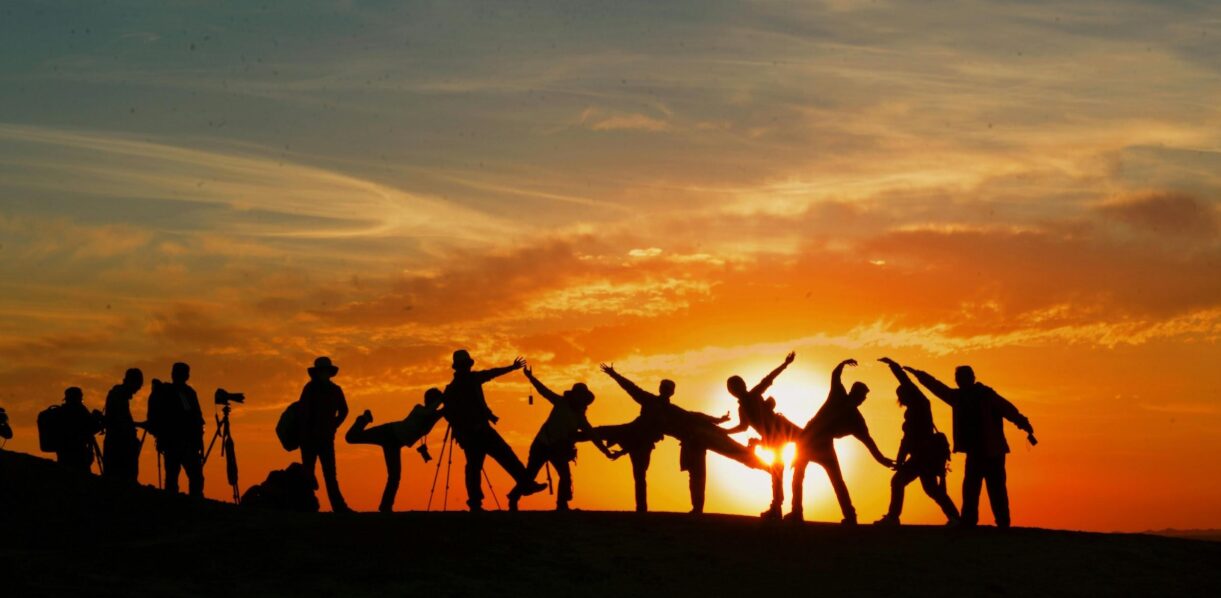
That’s an interesting piece about it. Sermons. The ones you struggle with are the ones that you need the most. And when I think about what I experienced in the last couple days, over and over, the message was, let go and trust.
Whether it was Elsa, trying to control everything in Frozen with my grandson or Dr. Strange trying to come under a circle. You have to let go and trust that God is there. That God will bring us through this. That a way will become known. Even if we don’t know what it is now. We move forward and we work towards whatever builds community.
Because that’s where the love and the peace and the joy of God are. It’s not in the fear. It’s not in the violence, the cruelty, the hate. It’s in the love. We have to lead from our hearts. Because that’s where the love is. May it be so. Amen.
